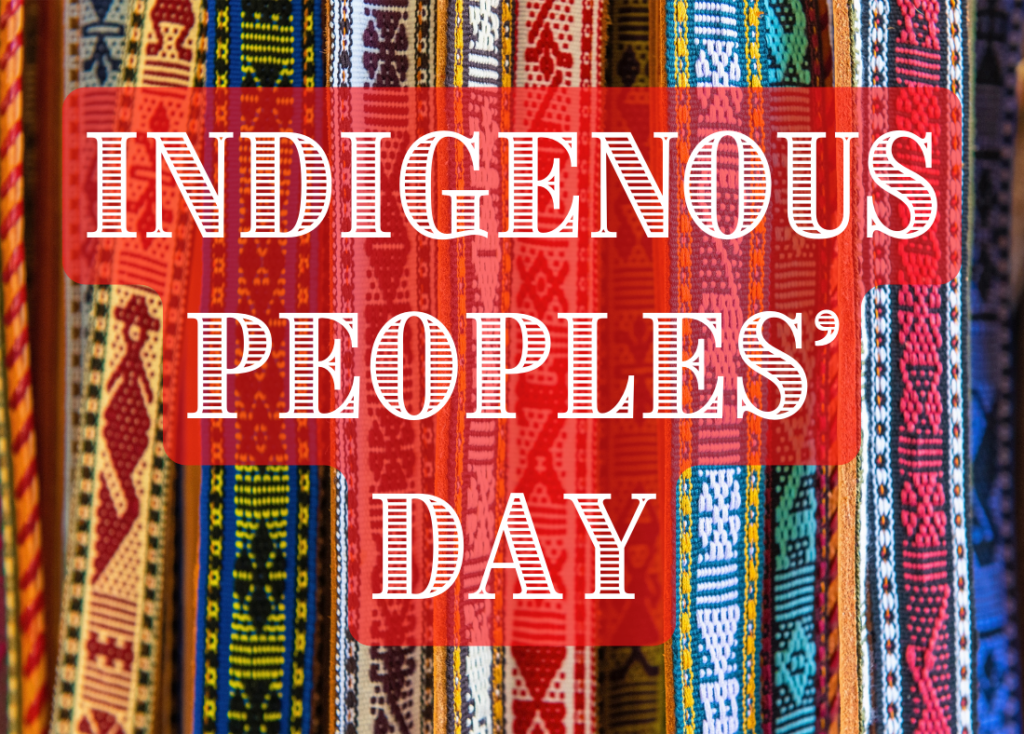By Deanna Alderson, SanDiego350 Climate Writer

As California’s first environmental stewards, Indigenous Peoples have been managing the land and protecting native ecosystems for at least 10,000 years. Now, with climate change posing an unprecedented threat to our wild spaces, state officials are relying on the traditional ecological knowledge of Indigenous tribes to forge a new path forward. However, Indigenous voices are still not centered in many land management decisions.
California’s Forth Climate Change Assessment, published in 2018, highlighted the work of the North Fork Mono Tribe as an example of how our state’s mountainous forests could be successfully managed to lessen the risk of severe wildfires. The tribe has been restoring government land since 1991, using the traditional practices of seasonal burning and removal of invasive or overgrown species.
While an unmanaged forest typically has a canopy density of 80-90%, the forests managed by the tribe had a canopy density of less than 40%. Not only did this reduction in tree cover reduce the risk and intensity of wildfires, but it also encouraged the sprouting of new, healthy trees, as sunlight could once again reach the forest floor. The managed forest also led to improvements in water levels in nearby rivers; with fewer trees, snow was less likely to get trapped in the thick canopy and melting snow could flow downstream more easily.
Despite this success, Indigenous-led prescribed burning is still tightly controlled in much of the state. Sara Marie Curo Redfern of the Kumeyaay people, San Diego’s first people, believes they should be allowed to return to traditional vegetation management practices. “I think that that’s very important to have us involved in what goes on on the land, and even considering giving us control of controlled burns again. We were well versed in that, that’s a practice we don’t do anymore, but I think that’s something we should bring back.”
Ms. Redfern also wants to see the Kumeyaay people given “more opportunity to be involved with water decisions” and be allowed to “control the San Diego River water again.” She explains that her people “weren’t always in the mountains. We got pushed there…we were flooded out by San Diego County, forced out, so water, to us, water is life.”
Inadequate watershed management can devastate local ecosystems, killing off vulnerable species and forcing local tribes to relocate or alter their traditional reliance on natural resources. Climate change is placing additional stress on waterways, with both prolonged droughts and intense flooding becoming more common.
The Karuk Tribe in Northern California has been carefully restoring the watershed of the Mid-Klamath Basin for the last twenty years, reversing the damage done by sedimentation from nearby roads. The Karuk people rely heavily on salmon, and sedimentation alters salmon egg survival. Decreased water levels and rising water temperatures caused by climate change also negatively affect fish survival, and the tribe’s ecosystem restoration work remains vital.
Despite the tribe’s reliance on healthy waterways, they were initially excluded from US Forest Service planning efforts, even though the Forest Service didn’t have enough staff or resources to carry out projects. The Karuk have now entered into a memorandum of understanding with the federal government, allowing them access to preserve the rivers. But keeping the water flowing remains a constant struggle, as drought conditions last year led the US Bureau of Reclamation to limit the amount of water flowing downstream.
Indigenous peoples’ rights to water is an ongoing issue in the Bay-Delta and the Colorado River Basin, and it’s going to take a coalition of Indigenous Peoples and non-Indigenous allies to ensure tribal communities still have access to the state’s dwindling water supplies.
You can help us make sure Indigenous voices in San Diego are central to climate discussions by joining our Justice, Equity, Diversion and Inclusion Team here.
